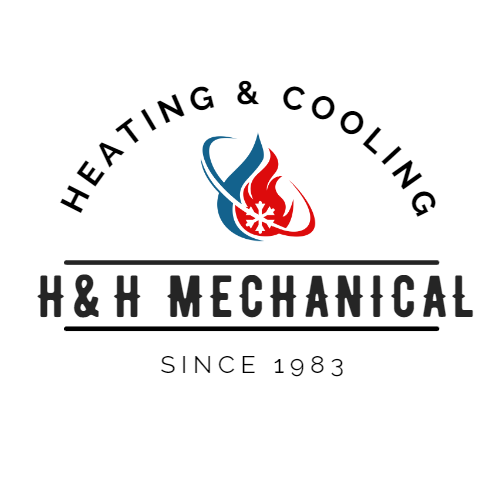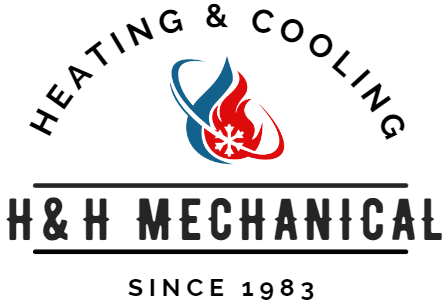What is an AFUE and How Does It Relate to Your Furnace Efficiency?
When it comes to understanding the efficiency of your furnace, one key term you will encounter is AFUE. This acronym stands for Annual Fuel Utilization Efficiency. In essence, AFUE is a measure that tells you how efficiently your furnace can convert gas or another type of fuel into heat over the annual heating season, expressed as a percentage.
Understanding AFUE
The AFUE percentage is a direct indicator of how well your furnace converts the energy it consumes into heat for your home. For example, a furnace with an AFUE of 90% means that 90% of the fuel consumed by the furnace is used to generate heat, while the remaining 10% is lost through various means, such as exhaust or leakage.
Higher AFUE ratings indicate a more efficient furnace that requires less fuel to heat a home, leading to lower utility bills and reduced environmental impact. It’s important to note that while electric furnaces can have an AFUE rating of up to 100%, their overall environmental impact and cost depend on the electricity source and rates.
Factors Contributing to Furnace Efficiency
Several factors can affect the efficiency of your furnace beyond its AFUE rating:
- Installation Quality: Proper installation is crucial for achieving the stated AFUE efficiency. Poorly installed heating systems may not run as efficiently, leading to higher energy costs and reduced comfort.
- Maintenance: Regular maintenance is necessary to ensure your furnace runs efficiently. This includes routine cleaning, checking, and repairing any components that may be worn out or malfunctioning.
- Home Insulation: The insulation in your home significantly affects heating efficiency. Well-insulated homes retain heat better, requiring less work from your furnace to maintain comfortable temperatures.
- Thermostat Settings: Keeping your thermostat set at a consistent and reasonable temperature can also affect your furnace's efficiency. Excessive heating demands can lower overall efficiency.
- Air Ducts: Leaky or poorly insulated ducts can result in significant heat loss, making your furnace work harder than necessary and decreasing its overall efficiency.
- Type of Fuel: The type of fuel used by your furnace (natural gas, oil, electricity) not only affects the AFUE rating but also the operating costs and environmental footprint. Each fuel type has its advantages and disadvantages in terms of cost, availability, and impact on the environment.
Understanding AFUE is crucial when evaluating the efficiency of your furnace and its impact on your heating costs and environmental footprint. However, AFUE is just one piece of the puzzle. To truly maximize the efficiency and performance of your heating system, consider factors like installation quality, maintenance, home insulation, thermostat settings, air ducts, and the type of fuel used. By paying attention to these factors, you can ensure your heating system operates at peak efficiency, providing cost-effective and comfortable warmth throughout the coldest months.
You might also like


Book a Service Today
We will get back to you as soon as possible
Please try again later



